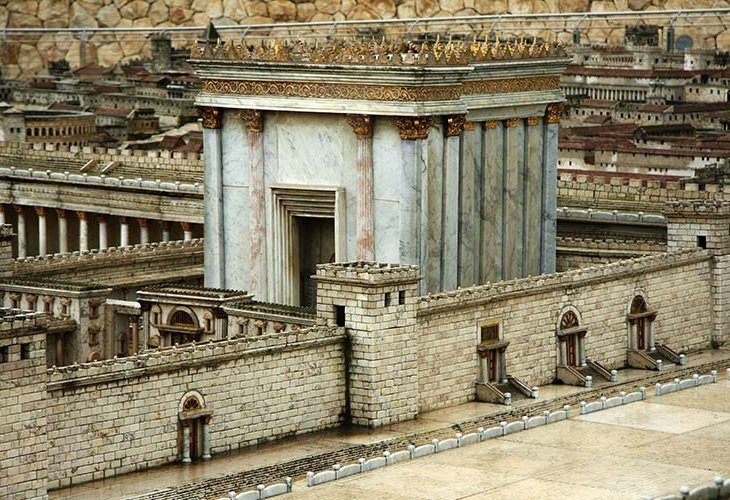Faith
Why Does the Torah Repeat the Mishkan’s Construction Twice?
Discover the deeper meaning of repetition, the human need for rituals, and how the Mishkan (tabernacle) teaches us about sacred connection in daily life
 (Photo: Shutterstock)
(Photo: Shutterstock)In Parshat Vayakhel, the Torah describes the construction of the Tabernacle (Mishkan) and its vessels — details we already read earlier in Parshat Terumah. Why repeat the same description twice?
Our sages explain that the repetition comes from love. The Mishkan is deeply cherished by God and by Israel, and the people therefore found joy in hearing its details repeatedly.
For modern readers, this raises a question: God commanded, and we said, “We will do and we will hear.” Why is this so cherished? Why should it be interesting to repeat the same technical details? Does the Mishkan, with its sacrifices, really draw us in? What do we think when we pray, “May it be Your will that the Temple be rebuilt speedily in our days, and there we will serve You with awe, as in ancient times”?
This question appears not only regarding sacrifices but also regarding mitzvot in general. Why do we repeat the same long, detailed prayers, word for word, day after day?
The Human Need for Ritual
The assumption behind the question is that humans are purely rational beings. Reason explains morality, justice, and faith — but rituals? Why repeat formulas and acts?
In fact, rituals aren’t understood with logic alone — they are felt. Humans naturally create rituals. No society, not even a secular one, functions without them. Morning coffee is a ritual. Meeting a friend for coffee is a ritual of bonding. Sports games, like soccer, are elaborate rituals with rules, structure, and symbolic meaning that millions love. To outsiders, watching fans cheer for hours may seem pointless, yet within the culture it carries deep emotional power. The same is true for festivals worldwide such as Munich’s beer festival or Venice’s carnival.
Rituals nourish the human spirit. The question is not whether we’ll have them, but which ones we’ll choose.
Sacred Ritual vs. Secular Routine
Every morning we perform a ritual, whether consciously or not. One person might settle into the ritual of coffee, a croissant, and the morning paper. Another might walk to synagogue, recite psalms and pray with the congregation.
Both are rituals, but they lead to different centers of gravity in life. If coffee and the newspaper are the core, prayer becomes an afterthought. If prayer is the core, coffee is just a side note.
The sacrificial service in the Temple was humanity’s sacred ritual of connecting with God. Today, from a distance, it’s hard for us to grasp its emotional impact. Just as someone unfamiliar with soccer can’t understand the passion of its fans, so too we may struggle to appreciate what the Mishkan meant. However, our yearning for the Temple’s restoration reflects a desire that the central ritual of our lives be service of God.
Why Repetition Matters
A ritual takes something natural and gives it depth through repetition. Prayer is a natural impulse. Even the most secular person, when their car loses its brakes, cries out, “God, help me!” Ritualized prayer simply expands this instinct and gives it a daily, deeper place in our lives.
Imagine a tragic moment, of a father standing by his dying child’s bedside. The doctors say there’s almost no hope, and he has fifteen minutes before life support begins. What will he do? Search the internet frantically for unproven treatments? Or hold his child’s hand and pray with him? Both are rituals, both are expressions of love — but the choice reflects where his heart turns in the face of the impossible.
So it is with daily life. Beyond the necessities of survival, we choose whether our central ritual is rooted in reliance on ourselves or on God.
The Israelites were eager for divine service and the story of the Mishkan was therefore so beloved to them, and they delighted in hearing every detail more than once. Although centuries separate us from their passion, we too can aspire to such closeness with the Divine.

